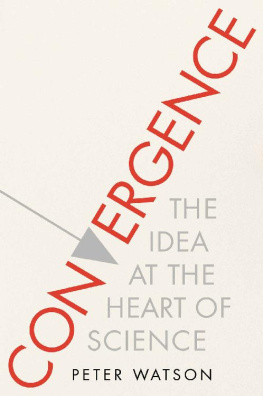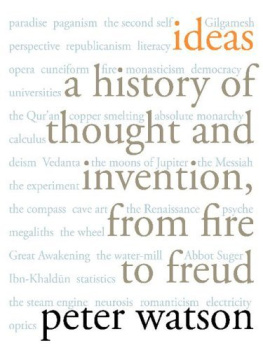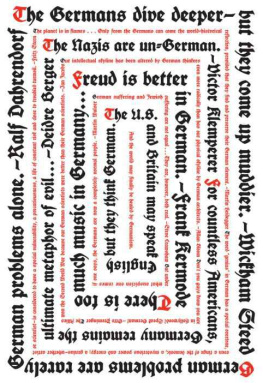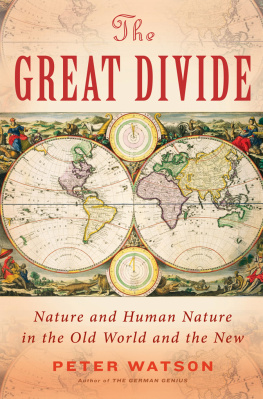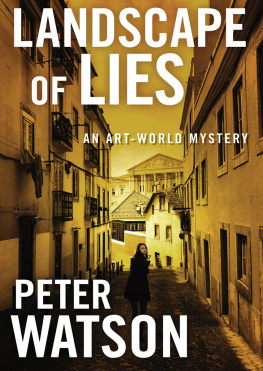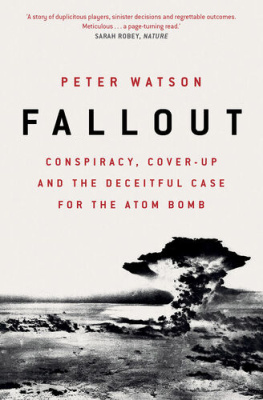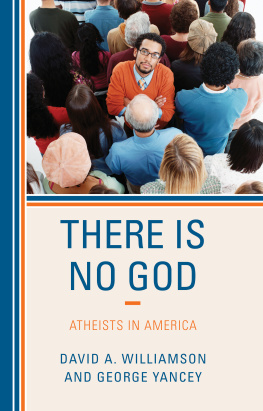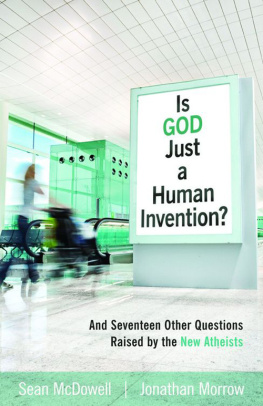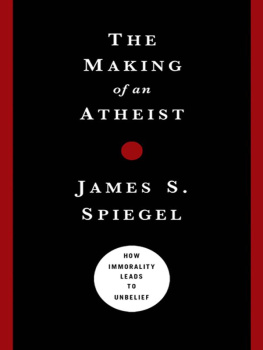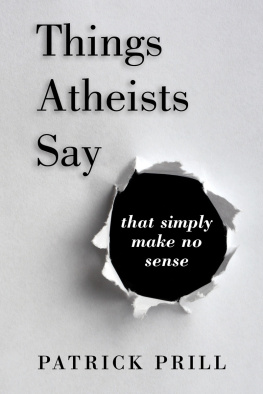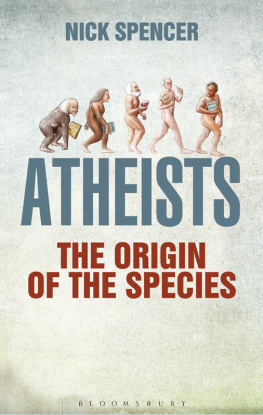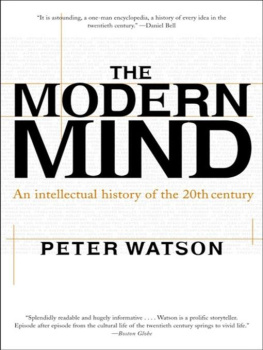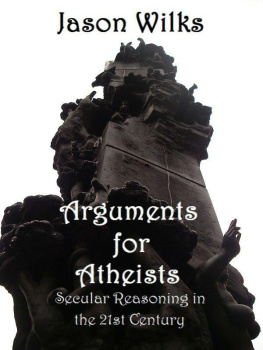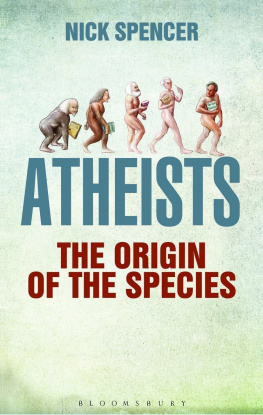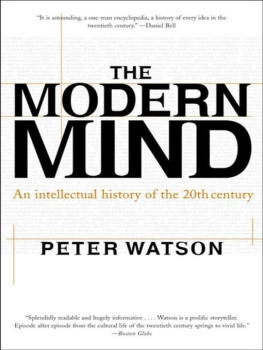Peter Watson - The Age of Atheists: How We Have Sought to Live Since the Death of God
Here you can read online Peter Watson - The Age of Atheists: How We Have Sought to Live Since the Death of God full text of the book (entire story) in english for free. Download pdf and epub, get meaning, cover and reviews about this ebook. year: 2014, publisher: Simon & Schuster, genre: Religion. Description of the work, (preface) as well as reviews are available. Best literature library LitArk.com created for fans of good reading and offers a wide selection of genres:
Romance novel
Science fiction
Adventure
Detective
Science
History
Home and family
Prose
Art
Politics
Computer
Non-fiction
Religion
Business
Children
Humor
Choose a favorite category and find really read worthwhile books. Enjoy immersion in the world of imagination, feel the emotions of the characters or learn something new for yourself, make an fascinating discovery.

- Book:The Age of Atheists: How We Have Sought to Live Since the Death of God
- Author:
- Publisher:Simon & Schuster
- Genre:
- Year:2014
- Rating:5 / 5
- Favourites:Add to favourites
- Your mark:
The Age of Atheists: How We Have Sought to Live Since the Death of God: summary, description and annotation
We offer to read an annotation, description, summary or preface (depends on what the author of the book "The Age of Atheists: How We Have Sought to Live Since the Death of God" wrote himself). If you haven't found the necessary information about the book — write in the comments, we will try to find it.
Since Friedrich Nietzsche roundly declared that God is dead in 1882, a raft of reflective and courageous individuals have devoted their creative energies to devising ways to live without Him, turning instead to invention, enthusiasm, hope, wit and, above all, various forms of self-reliance. Their brave, imaginative story has gone untolduntil now. In The Age of Atheists, acclaimed historian Peter Watson offers a sweeping narrative of the secular philosophers and poets, psychologists and scientists, painters and playwrights, novelists and even choreographers who have forged a thrilling, bold path in the absence of religious belief.
Synthesizing nearly a century and a half of recent history, The Age of Atheists is a stunning, magisterial celebration of life without recourse to the supernatural.
From Paul Valry and George Santayana to Richard Rorty and Ronald Dworkin, from Georges- Pierre Seurat and Constantin Brncui to Jackson Pollock and Robert Rauschenberg, from Andr Gide to Philip Roth, from Rudolf Laban to Merce Cunningham, from Henrik Ibsen to Samuel Beckett, from Wallace Stevens and Rainer Maria Rilke to Elizabeth Bishop and Czesaw Miosz, from Sigmund Freud and Benjamin Spock to E. O. Wilson and Sam Harris, The Age of Atheists brilliantly explores how atheism has evolved, deepened and matured, and gained unprecedented resonance and popularity as it has sought to replace an unknowable God in the afterlife with the voluptuous detail and warmth of this life, to be found in art, philosophy and science, all woven into a rational, secular morality.
Atheism has had its share of ideologues, tyrants and charlatans, but it is above all a history of brave accomplishmentand one that is far from finished.
From Nietzsche and his nihilism to Dawkins and Dennett, Nagel and Habermas, Watsons stimulating intellectual narrative explores the revolutionary ideas and big questions provoked by these great minds and movements. A sparkling and ultimately triumphant history, The Age of Atheists is the first full story of our efforts to live without God.
Peter Watson: author's other books
Who wrote The Age of Atheists: How We Have Sought to Live Since the Death of God? Find out the surname, the name of the author of the book and a list of all author's works by series.

